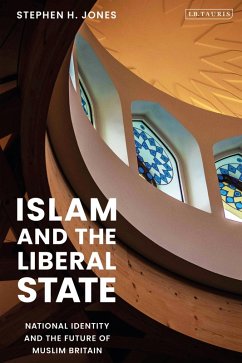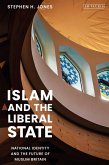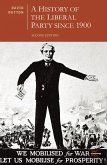National identity and liberal democracy are recurrent themes in debates about Muslim minorities in the West. Britain is no exception, with politicians responding to claims about Muslims' lack of integration by mandating the promotion of 'fundamental British values' including 'democracy' and 'individual liberty'.
This book engages with both these themes, addressing the lack of understanding about the character of British Islam and its relationship to the liberal state. It charts a gradual but decisive shift in British institutions concerned with Islamic education, Islamic law and Muslim representation since Muslims settled in the UK in large numbers in the 1950s. Based on empirical research including interviews undertaken over a ten-year period with Muslims, and analysis of public events organized by Islamic institutions, Stephen Jones challenges claims about the isolation of British Islamic organizations and shows that they have decisively shaped themselves around British public and institutional norms. He argues that this amounts to the building of a distinctive 'British Islam'. Using this narrative, the book makes the case for a variety of liberalism that is open to the expression of religious arguments in public and to associations between religious groups and the state.
It also offers a powerful challenge to claims about the insularity of British Islamic institutions by showing how the national orientation of Islam called for by British policymakers is, in fact, already happening.
This book engages with both these themes, addressing the lack of understanding about the character of British Islam and its relationship to the liberal state. It charts a gradual but decisive shift in British institutions concerned with Islamic education, Islamic law and Muslim representation since Muslims settled in the UK in large numbers in the 1950s. Based on empirical research including interviews undertaken over a ten-year period with Muslims, and analysis of public events organized by Islamic institutions, Stephen Jones challenges claims about the isolation of British Islamic organizations and shows that they have decisively shaped themselves around British public and institutional norms. He argues that this amounts to the building of a distinctive 'British Islam'. Using this narrative, the book makes the case for a variety of liberalism that is open to the expression of religious arguments in public and to associations between religious groups and the state.
It also offers a powerful challenge to claims about the insularity of British Islamic institutions by showing how the national orientation of Islam called for by British policymakers is, in fact, already happening.









